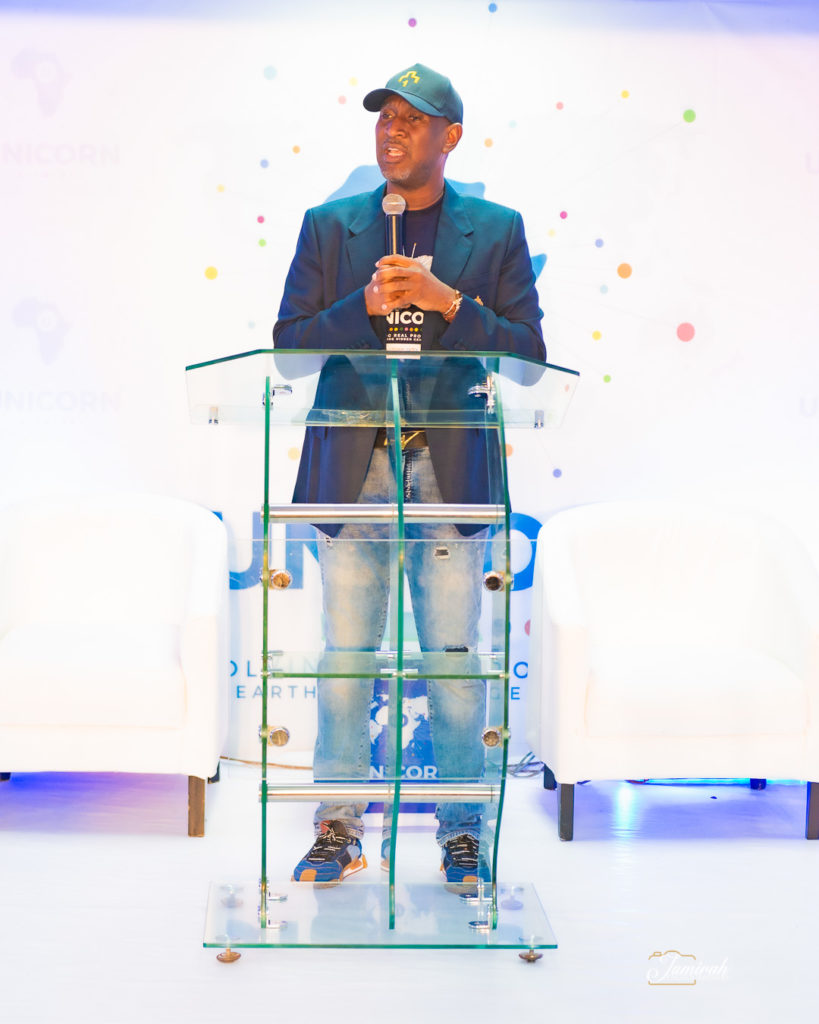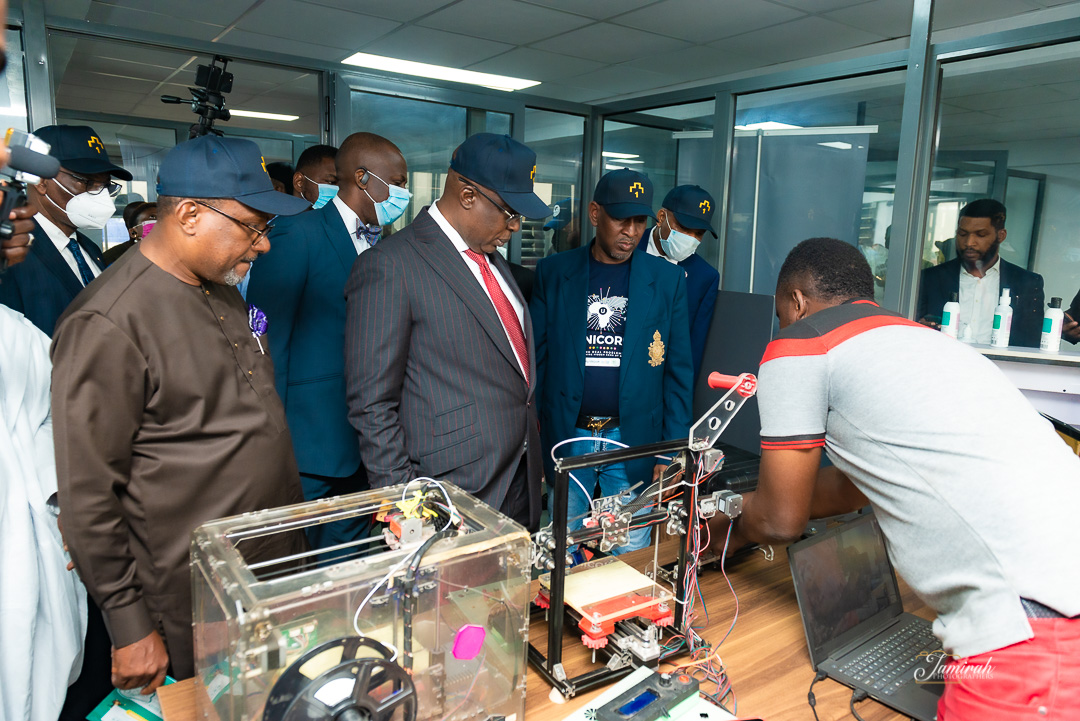“What does it take to create Unicorns in Africa?”
In 2017, the journey started with this question. Back then, eCommerce giant Jumia, South Africa’s Promasidor Holdings and Cell C were the only Unicorns from Africa.
Today, the story is different, there are five unicorns in Africa.
Coined in 2013 by venture capitalist Aileen Lee, a unicorn is any private startup company started after 2003 that is valued at more than $1 billion. Lee chose the magic valuation number of $1 billion because it suggests that a company has either disrupted the market or created a new market.
Meanwhile, the increase in the number of unicorns in Africa might seem like progress. It’s only a small fraction of the number of unicorns in the world and in other countries.
According to CBInsights, as of May 2021, there were more than 600 unicorns around the world. India has about 100 unicorns, China has 162 unicorns while the US has almost 300 unicorns.
Most unicorns come from outside the African continent because the startup scene in Africa is still growing.
To accelerate this growth, in 2017, Unicorn Group, a pan-African investment company, set out to create a systematic approach to discover and produce unicorns on the continent. The unicorn team is led by Dr Akintoye Akindele with support from members like Dr Wura Abiola, Kola Abiola, Olatutu Sholeye, Yomi Akapo, Prof Cesar Baena, Mark White, Akudo Nweke, Kunle Soriyan and Dr Ponmile Osibo. The team travelled around the world studying different tech ecosystems to learn about what makes a unicorn and to create a playbook for the African tech ecosystem.
On the 2nd of June, 2021 Unicorn Group held an event for the official launch of its Lagos campus. A number of distinguished dignitaries were present.
Timipre Sylva Minister of State for Petroleum Resources; Lagos state governor Babajide Sanwo-Olu represented by his wife Joke Sanwo-Olu; Engr Simbi Wabote Exec. sec. Nigerian Content Development monitoring board and Mr Osh Agabi CEO Koniku. The vice-chancellors of Lagos State University and Obafemi Awolowo University, Prof. Oluwatoyin Ogundipe and Prof Eyitope Ogunbodede, respectively, were also in attendance.
Unicorn Group’s ecosystem approach
At this event, the Unicorn Group shared its multifaceted approach to creating more unicorns in Africa.
This approach is made up of programs developed for startups and early-stage companies, campuses built across Africa to bridge the gap of inadequate infrastructure, advisers for the startups and partnerships with leading global organisations.
The five-step program caters to businesses at any stage. The first step is the Idea Lab, a program targeted at people with business ideas. The Idea Lab will run for a maximum of six months.
The Hub program is the second step, it’s for businesses with a viable product. It’ll run for a maximum of 12 months.
The third step is the incubator program for businesses with existing commercial products with market acceptance. It’ll run for a maximum duration of two years.
The fourth and fifth programs are the Accelerator and the growth & scale program which are designed for established and profitable businesses.
The programs would run concurrently. Intentionally, its Lagos campus which is housed in a five story building is built in such a way that each floor caters for each step of the program.

Unicorn Group has campuses in Lagos, Nairobi, Johannesburg and Accra. A fifth campus in Marrakesh is slated to open in 2022.
What sets the Unicorn Group’s approach apart from others? Ponmile Osibo, Chief investor relations officer told TechCabal, that for the Unicorn Group, it’s beyond investing just money.
“It’s possible to give someone money and it disappears. We’ve come to understand that companies need access to a wide range of support.”
“Back then in 2017, there was no path to becoming a unicorn. There are different types of business models. There are businesses that should monetize from the get go and those who should gain traction first before monetization. There’s no African playbook for this.”
For any investment company, the end goal is to get a good return on investment (ROI). The investment in creating five campuses amongst other things is an enormous upfront provision of capital. I asked Osibo how they plan to recoup its investment.
“At some stages, we collect equity in exchange for the capital and support we give these companies but for us, it’s even bigger than that,” He said.
The bigger picture for the Unicorn Group is the impact it’ll have on the economy. He said, “Think about it, we’ve found out that the average small business hires five people. If we’re able to empower about 200,000 businesses that’s a minimum of 1 million additional jobs that won’t have existed. Think of the ripple effect on the economy.”




















